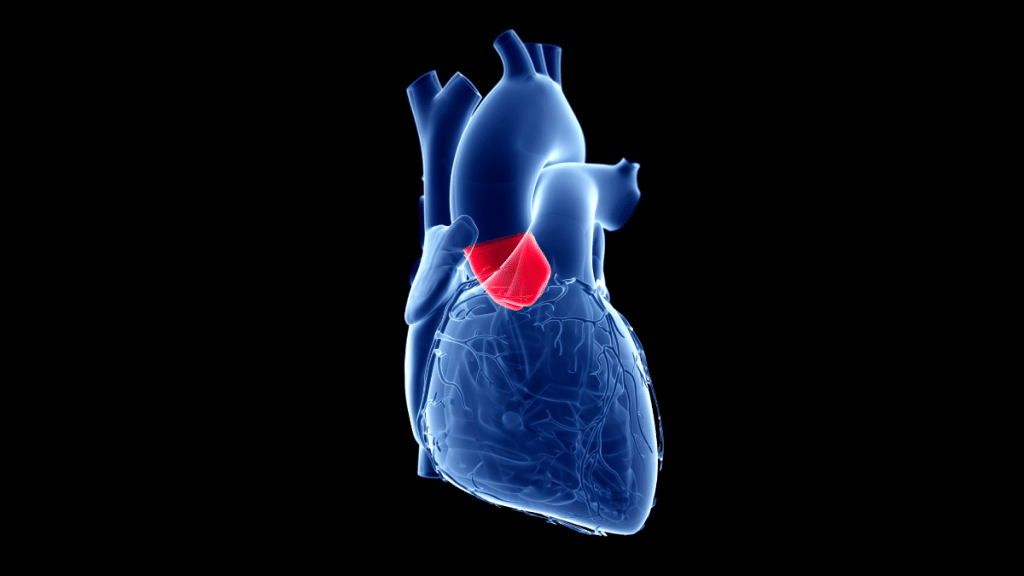Aortic valve stenosis (AS) is a severe condition characterized by the narrowing of the aortic valve, which impedes blood flow from the heart to the rest of the body. If untreated, it can lead to significant health complications, including chest pain, fainting, and heart failure. Germany is renowned for its excellence in medical treatment, particularly in specialized cardiac care, making it a top destination for patients seeking treatment for aortic valve stenosis. This guide provides essential information on navigating the process of receiving cardiac treatment in Germany.
Exploring Treatment Options for Aortic Valve Stenosis in Germany
As to the treatment of aortic valve stenosis in Germany, the patient can receive high-quality service in all variants that he may need, up to and depending on his specific conditions and diseases. The German healthcare system is fitted with leading technological advancements and supported by highly professional experts in the field of Cardiology; they provide for traditional surgical aortic valve replacement (SAVR) or the less invasive option for transcatheter aortic valve replacement (TAVR). Such treatments are also tailor-made to individualize with uniqueness and severity of his disease, together with his medical and health profile.
Preparing for Medical Travel to Germany
Securing treatment in Germany requires careful planning. Patients need to obtain a medical visa, which necessitates an invitation letter from a German hospital detailing the patient’s diagnosis and treatment duration. Proof of financial means to cover medical and living expenses during the stay is also mandatory. Understanding whether one’s insurance covers overseas treatments or if additional financial arrangements need to be made is crucial. German clinics often offer packages that assist with insurance and financial planning. Additionally, logistical arrangements, including transportation and accommodation, should be made prior to travel. Overcoming potential language and cultural barriers can be managed by hiring medical interpreters or engaging a medical tourism facilitator.
During the Treatment in Germany
Upon arrival in Germany, patients undergo a thorough assessment to confirm the initial diagnosis and finalize the treatment plan. This includes diagnostic tests like echocardiograms, EKGs, and cardiac MRIs. Effective communication with the German medical team and the patient’s cardiologist back home is vital to ensure that all aspects of the treatment and recovery process are clear and understood.
Post-Treatment Recovery and Follow-Up
The recovery process depends on the specific procedure and the patient’s health condition. Typically, it involves a hospital stay followed by a recovery period in Germany until medical clearance is given for travel. German hospitals may also offer cardiac rehabilitation programs to support the patient’s recovery and long-term heart health. Once back home, it is important for patients to remain under the care of a local cardiologist to monitor their recovery and manage any complications. A comprehensive medical report from the German medical team will support ongoing care.
Advantages of Treatment in Germany
Germany’s healthcare system is distinguished by its advanced medical technology and highly qualified specialists. German cardiologists and cardiovascular surgeons are leaders in their field, especially in managing complex cases like aortic valve stenosis. The quality of care is exemplary, with stringent quality controls and a patient-centric approach in treatment planning. The efficiency of the German health system ensures shorter waiting times for treatment compared to other developed countries. Furthermore, Germany is a hub for medical research and innovation, particularly in cardiology, which translates into access to cutting-edge treatments and therapies.
Conclusion
Opting for treatment of aortic valve stenosis in Germany can be a life-altering decision for patients. With advanced medical procedures and a high standard of care, patients can significantly improve their health outcomes. Proper planning and consultation with healthcare professionals are essential to ensure a successful treatment experience and a smooth recovery, ultimately allowing patients to return to their daily activities with a healthier heart.
